Comprehensive Overview of HZYMES mRNA Services: From Template Preparation to Quality Control
Introduction Messenger RNA (mRNA) technology has revolutionized the fields of therapeutics and vaccines, offering new pathways for treating diseases and improving public health. HZYMES, a key player in mRNA production, provides end-to-end services that cover all stages of mRNA development. This article delves into the comprehensive mRNA services offered by HZYMES, from template preparation to delivery systems and rigorous quality control, ensuring that their clients receive high-quality mRNA tailored for research and therapeutic applications.
1. Template Preparation
The foundation of any mRNA product lies in the creation of a high-quality DNA template, which encodes the desired mRNA sequence. At HZYMES, this begins with plasmid construction, where optimized plasmids are designed to serve as templates for transcription. Ensuring the accuracy of the sequence is crucial, as even minor mutations in the DNA template can result in dysfunctional mRNA, compromising its effectiveness in downstream applications.
Once the plasmid is validated, it undergoes linearization, converting the circular plasmid into a linear form that serves as the template for mRNA synthesis. The precision of this step lays the groundwork for high-fidelity mRNA transcription.
Significance: A robust template ensures the accuracy of the entire mRNA production process, leading to the synthesis of functional mRNA that can be effectively translated into proteins.
2. mRNA Synthesis
With the linearized DNA template in hand, the next step is mRNA synthesis, where the DNA is transcribed into mRNA using an in vitro transcription (IVT) process. At HZYMES, this is accomplished with the aid of enzymes like T7 RNA polymerase, which efficiently transcribes the DNA into mRNA.
HZYMES tailors its mRNA synthesis process according to the needs of the client, offering both small-scale and large-scale synthesis options. The conditions are optimized to maximize both yield and purity, ensuring that the mRNA produced is of high quality and ready for subsequent modifications.
Significance: This phase is critical in determining both the quality and quantity of mRNA, making it essential to optimize conditions for reliable transcription.
3. mRNA Capping
For mRNA to function effectively in a cell, it requires the addition of a 5’ cap. This cap not only protects the mRNA from degradation but also plays a pivotal role in its translation efficiency, ensuring that the mRNA can be correctly translated into protein once inside the cell.
HZYMES offers both co-transcriptional and post-transcriptional capping strategies, allowing flexibility in how the cap is added. Different cap analogues are available to improve the stability and functionality of the mRNA, enhancing its performance in vivo.
Significance: Capping is essential for the mRNA’s stability and functionality, ensuring that it can survive long enough to perform its intended task in a biological environment.
4. mRNA Tailing
After capping, the next modification is the addition of a poly(A) tail to the 3’ end of the mRNA. This tail plays a critical role in mRNA stability and translation. HZYMES offers precise control over poly(A) tail length, as the length can influence both the stability of the mRNA and the efficiency with which it is translated into protein.
Using high-quality poly(A) polymerases, HZYMES ensures that the tailing process is both consistent and efficient, providing clients with mRNA that is optimized for longevity and performance.
Significance: The poly(A) tail is crucial for ensuring that the mRNA remains intact long enough to be translated, making this step critical for the overall effectiveness of the mRNA product.
5. Purification
Once synthesis, capping, and tailing are complete, the mRNA must undergo purification to remove unwanted byproducts, such as residual enzymes, reagents, and incomplete transcripts. HZYMES offers multiple purification options, including HPLC and chromatography, to ensure that the mRNA is as pure as possible.
Purification is particularly important for removing double-stranded RNA (dsRNA), which can trigger immune responses and compromise the safety of the mRNA product. By offering stringent purification processes, HZYMES ensures that the final product is free from contaminants and ready for use in sensitive applications.
Significance: Purification ensures that the mRNA product is free from impurities and unwanted byproducts, which is essential for both safety and efficacy, particularly in therapeutic applications.
6. Delivery System
An mRNA product is only as effective as its ability to reach its target cells. HZYMES addresses this challenge by offering advanced delivery systems tailored to different applications. One of the most commonly used delivery systems is lipid nanoparticles (LNPs), which protect the mRNA from degradation and facilitate its entry into cells.
In addition to LNPs, HZYMES also provides other delivery technologies, such as liposomes and polymeric nanoparticles, to suit the specific needs of different mRNA therapies. These delivery systems can be optimized to target specific tissues or cell types, improving the efficiency of mRNA uptake.
Significance: Efficient delivery is crucial for the success of mRNA-based therapies and vaccines, as it ensures that the mRNA reaches its target cells and is translated into the desired protein.
7. Quality Control
The final stage of the mRNA production process is quality control (QC). At HZYMES, rigorous QC measures are implemented to ensure that the mRNA product meets the highest standards of purity, potency, and safety.
Potency assays are conducted to ensure that the mRNA can be effectively translated into protein. In addition, purity and integrity tests are performed using techniques like gel electrophoresis, HPLC, and mass spectrometry. Finally, endotoxin testing is done to confirm that the mRNA product is free from harmful contaminants that could trigger adverse immune reactions.
Significance: Comprehensive quality control ensures that the final mRNA product is safe, effective, and suitable for use in research or therapeutic applications.
Conclusion
HZYMES offers a complete range of mRNA services, from template preparation to delivery systems and quality control. By ensuring that each step of the process is optimized and rigorously tested, HZYMES provides high-quality mRNA that meets the specific needs of its clients, whether they are conducting research or developing therapeutic products. Their commitment to excellence at every stage ensures that the resulting mRNA is not only pure and potent but also ready to drive forward advancements in mRNA technology for a range of biomedical applications.


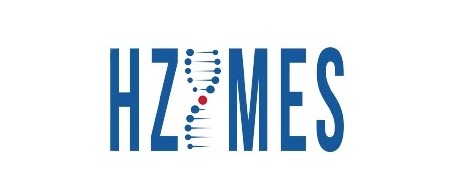
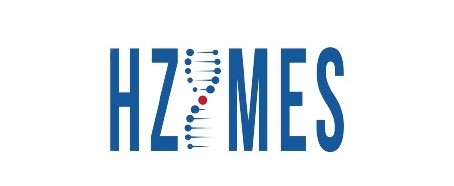
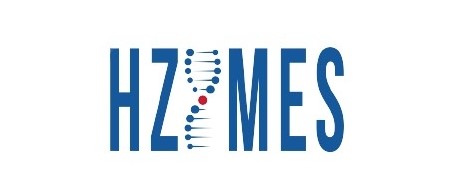
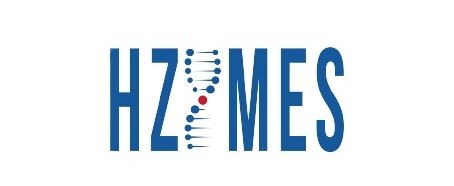
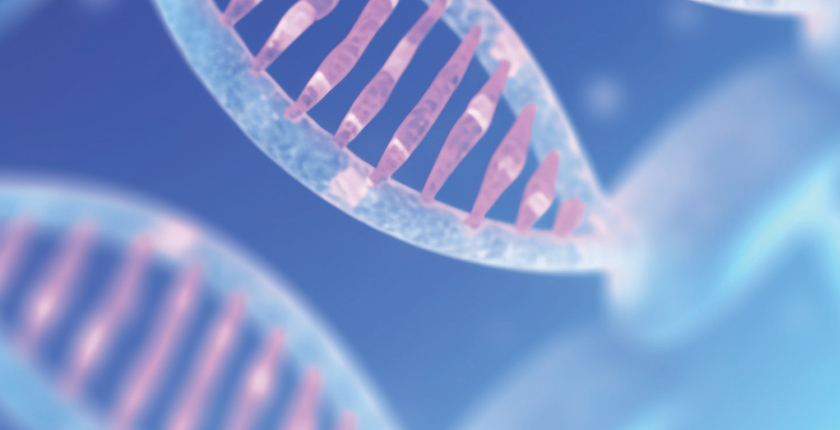
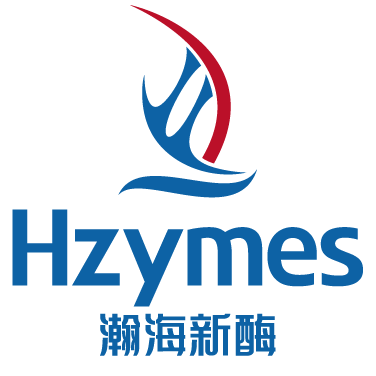



Please first Loginlater ~